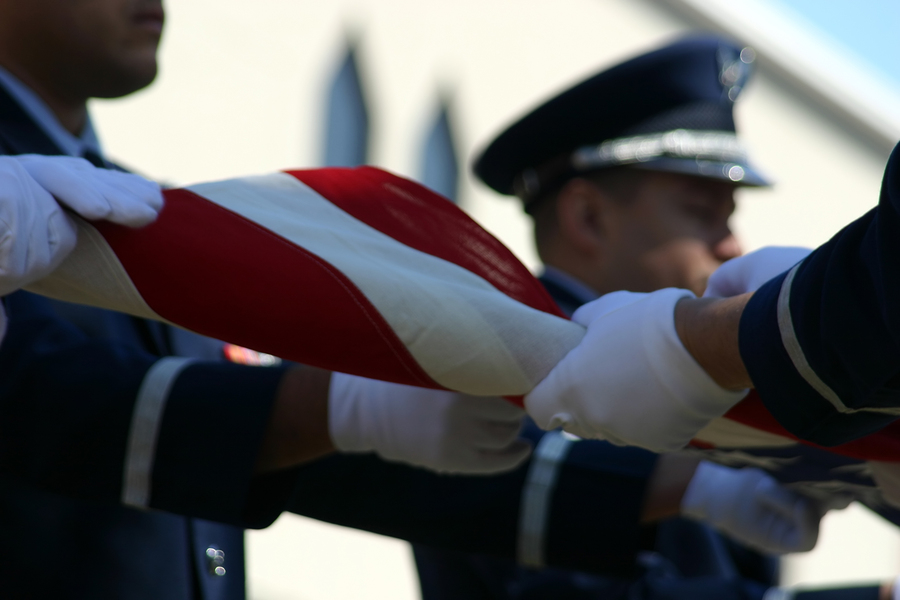Allegations of attempted murder are among the most serious accusations a member of the United States military can face. People who are convicted of attempted murder generally face extremely serious penalties, including dishonorable discharge and imprisonment. For this reason, it is critical for anyone accused of attempted murder to retain a military attorney familiar with the Uniform Code of Military Justice (UCMJ) and defending military members accused of serious crimes.
Three of the more common defenses an attorney may be able to raise in a military attempted murder case are detailed below.

Keith Scherer – Military Attorney. Call 800-319-3134 now for a FREE consultation!
Alibi
An alibi defense involves showing that the defendant was at another location at the time that the crime was committed. While this may seem like a relatively simple defense to asset, it often requires the production of a significant amount of legally credible evidence – e.g, bank transactions, eyewitnesses, cell phone location data, internet activity — that need to be powerfully and credibly presented in court.
Suppression of evidence
Another potential way to defend against allegations of attempted murder is to suppress evidence that may indicate your guilt. Evidence can be often suppressed if it was gathered in a way that violates the 4th Amendment of the United States Constitution.1 Determining whether there was a 4th Amendment violation in your case requires a complex legal analysis, and it is imperative to have an attorney review your case to see if evidence might be suppressed.
Self-defense
As is the case with many other types of violent crimes, a military defendant accused of attempted murder may be able to assert that they were acting in self-defense. Successfully raising this defense requires introducing evidence that the defendant reasonably believed that the use of force was necessary to prevent great bodily harm. Obtaining this evidence requires a broad view of not just the incident but also the personal histories of everyone involved, the mental makeup of you and the alleged victim, and all of the environmental conditions at the time of the incident, such as lighting, noise, and the number of people involved. A successful defense in a case like this will often call for expertise in forensic psychology, forensic crime scene analysis, medical trauma, and neuroscience. Your attorney should be very familiar with those fields of study and needs to know which experts to bring into the case to make sure you have your best chance at an acquittal.
Call Gagne, Scherer & Associates, LLC today to schedule a consultation with a civilian military criminal defense lawyer
Military members that have been accused of crimes should retain legal counsel as soon as possible. To schedule a free case evaluation with one of our military criminal defense attorneys, call our office today at 800-319-3134.
References:

